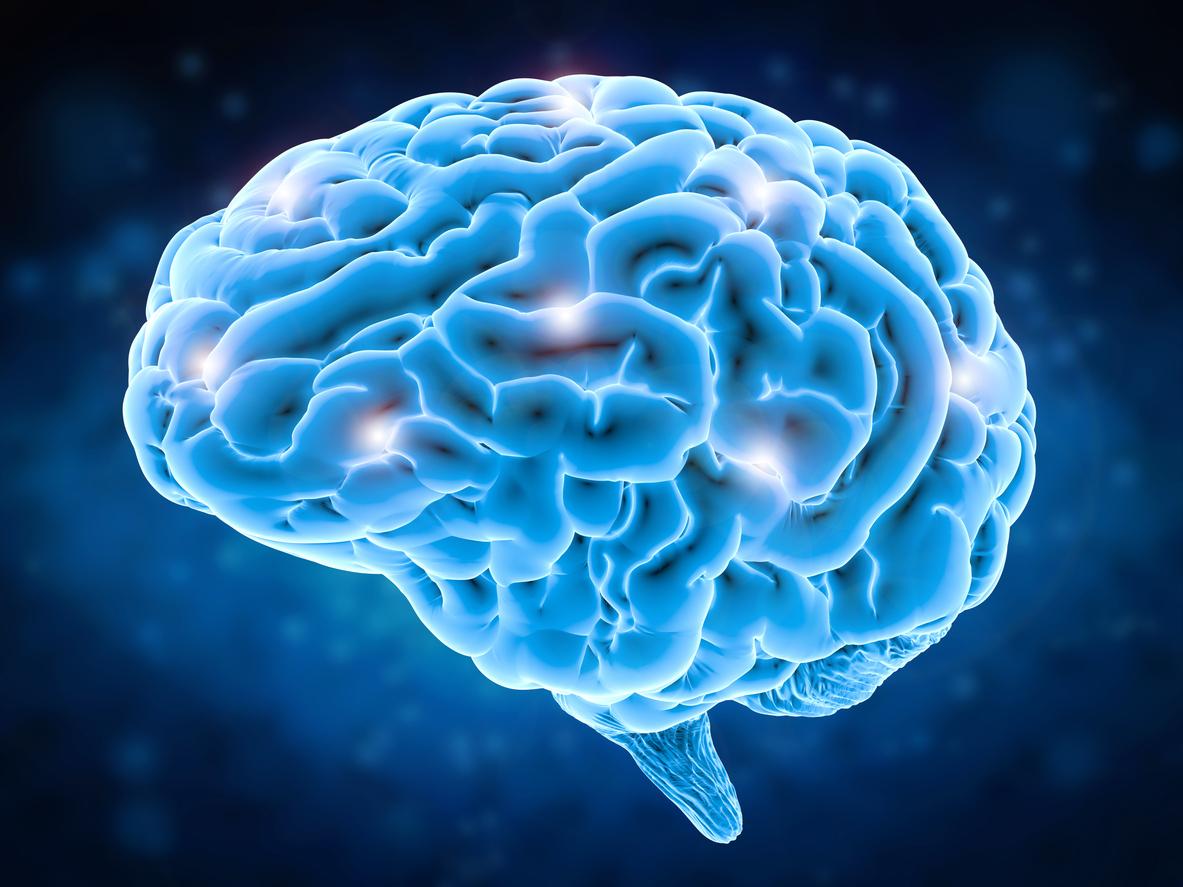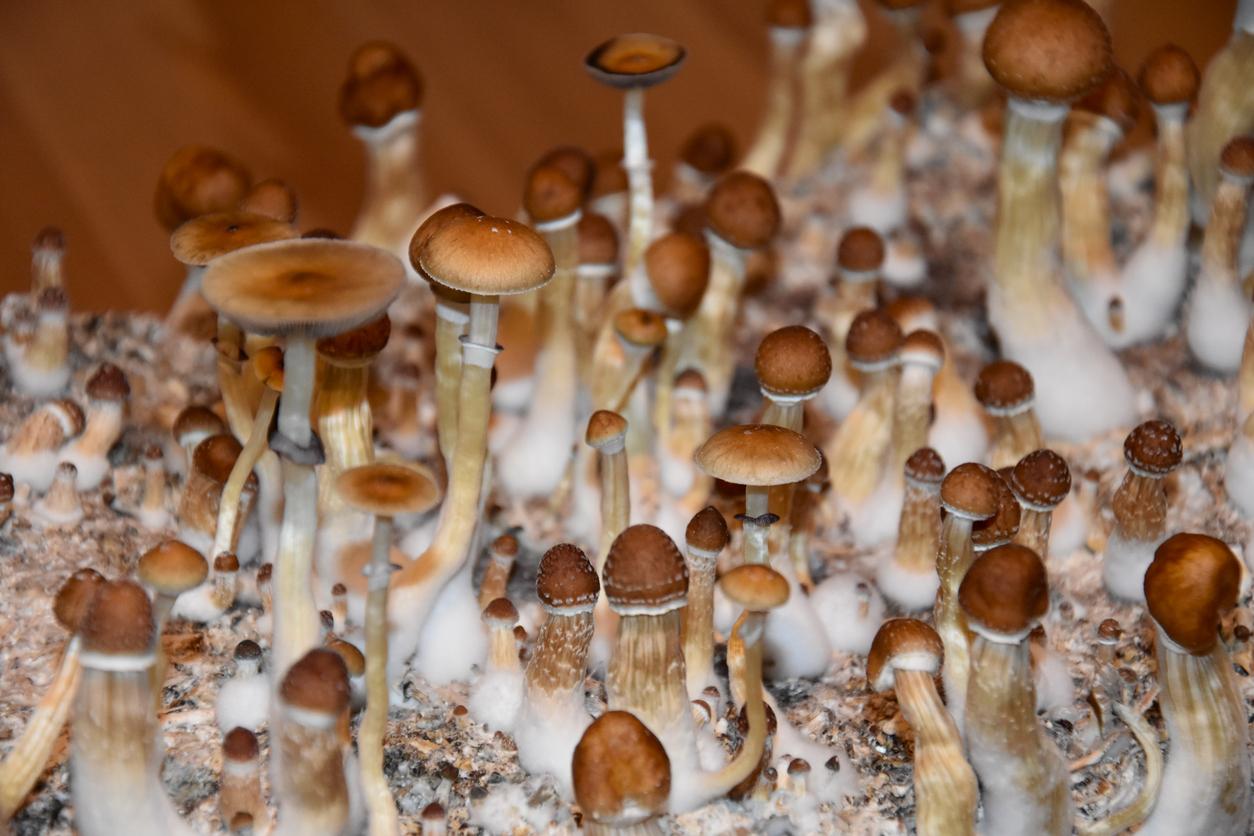Postpartum depression is still a taboo pathology. However, according to Public Health France, between 10% and 15% of young mothers are affected by this particular form of depression which is characterized by great fatigue, intense sadness, general slowdown, loss of intellectual alertness, devaluation or even a very gloomy vision of the future.
Be careful not to confuse postpartum depression with the baby blues: natural (because it is caused by a drop in hormones), the latter begins on the third day after childbirth and lasts less than a week: beyond that, it is postpartum depression.
Happiness in photos, postpartum depression in the background
To talk about this taboo subject, Clémentine Sarlat, creator of the podcast The Matrescence, has just launched a hashtag: #LaVéritéDerrièreLeSourire. The idea: share on social networks photos of (apparently) beautiful, smiling and serene mothers… while telling the truth (that is to say: postpartum depression) in subtext.
In her photo, Clémentine Sarlat is thin, tanned, smiling, and holding her baby against her. Except in the caption: “I weigh 56 kilos in this photo. My weight before pregnancy was 60 kilos. I’m on the verge of exhaustion, I’m too thin and clearly burnt out. And yet, in the photo, we could say that wow! Everything’s good.“Before explaining his approach:”I would like to show everyone that the photos on the networks, it does not mean much about what we live in private“…
A great success for this liberating hashtag: the testimonies are multiplying. “I felt absolutely unable to manage my children and totally overwhelmed” says a young girl, yet all smiles in her photo. “I sleep 5 hours a night at the most, I am morally and physically exhausted“recalls a young mother who, in her photo, is playing with her baby and seems perfectly happy. A beautiful project that will undoubtedly help to make women victims of postpartum depression feel guilty…
Read also :
- Postpartum: “When you are a mother, you are entitled to a unique emotion, happiness”
- Postpartum depression: how to detect it?
- Postpartum psychosis: a young mother breaks the silence


















